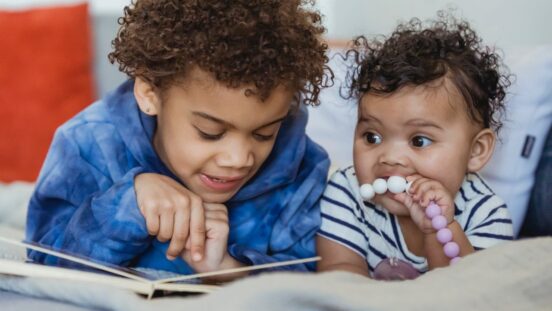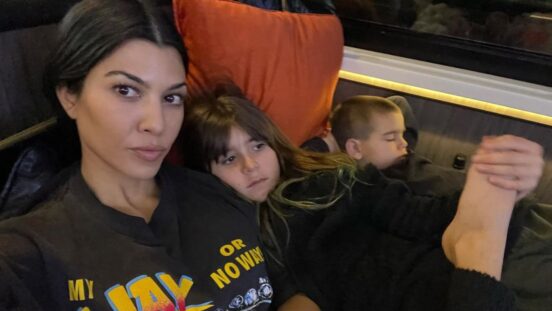Should preschoolers be able to read before they start school?

Learning to read is an important developmental milestone for children but should you be concerned if your preschooler hasn’t started this skill yet?
In Australia, as kids start school at different ages – not only between States and Territories but also within the same school – you can end up with a four-year-old in a class with kids who are a year older. So it’s not comparing apples with apples.
Teachers and educators are more keen that your kindy kid can hold a crayon, recognise and can write their name, can play nicely and share, and know some letters and numbers, among other things.
Scroll down to read 10 ways to encourage you preschooler’s reading skills to help then on the right path.
How to instil a love of reading in preschoolers
One easy way parents and carers can nurture their toddler’s education and cognitive development outside of preschool or daycare is to encourage reading at home. You don’t have to be a huge reader youself but setting time aside to read with your child may make a big difference to their learning.
National Director of SmartPlay Early Learners, and a mum herself, Helena Williams-Johnson has provided 10 tips to parents and carers on instilling a love of reading in preschoolers.

10 tips to help your preschooler with reading
- Start with the basics – This may seem rudimentary to many adults, but kids need to learn the basics of reading like how to handle books and how to turn the pages. Treating books with care and respect will teach our youngest learners to do the same.
- Finger following – Run your finger under the words as you read to help your preschooler begin to associate sounds with letters.
- Kids pick! Let your little one choose the book – even if it’s the same book or story you’ve read for the last umpteen nights. Repeating their favourite book will give them great independence and help them feel involved.

- Make it fun – By including word games in your non-reading time, kids will begin to associate words, sounds and images. Site words can
- Pointing is good – Engage with your child by pointing to pictures or illustrations in the book to help connect the words with the images.
- Practical reading – Point out street signs, packaging, advertising and more, and talk to your tot about what you see. Recognise the letters together and sound out the words to help your preschooler on their path to reading.

- Make it a habit – Reading on a regular basis helps exercise our brain and activate our mind. If you’re keen to support their journey to reading sight words are a great way in. Learn with Miss B has a terrific range of Not So Tricky Word Cards to helps kids master 100 words. Each card has a QR code that helps sounding out each word, plus dots on the cards help with syllables.
- Read aloud – By the end of the day, we’re all tired. There may be a stack of dishes in the sink and work emails to respond to before bedtime. But reading aloud with your youngster will give you both a sense of calm and imagination before the lights go out.

- Rewards – Books are a great reward for a child and help associate reading with positive behaviours.
- Make it interesting – If your preschooler is keen on dinosaurs or dancers, find books that pique their current interests.
In brief, don’t be concerned if your preschooler isn’t reading yet; it is developmental skill that they might pick up sooner or later than their peers. And their teachers will help get them (and you) on track.




